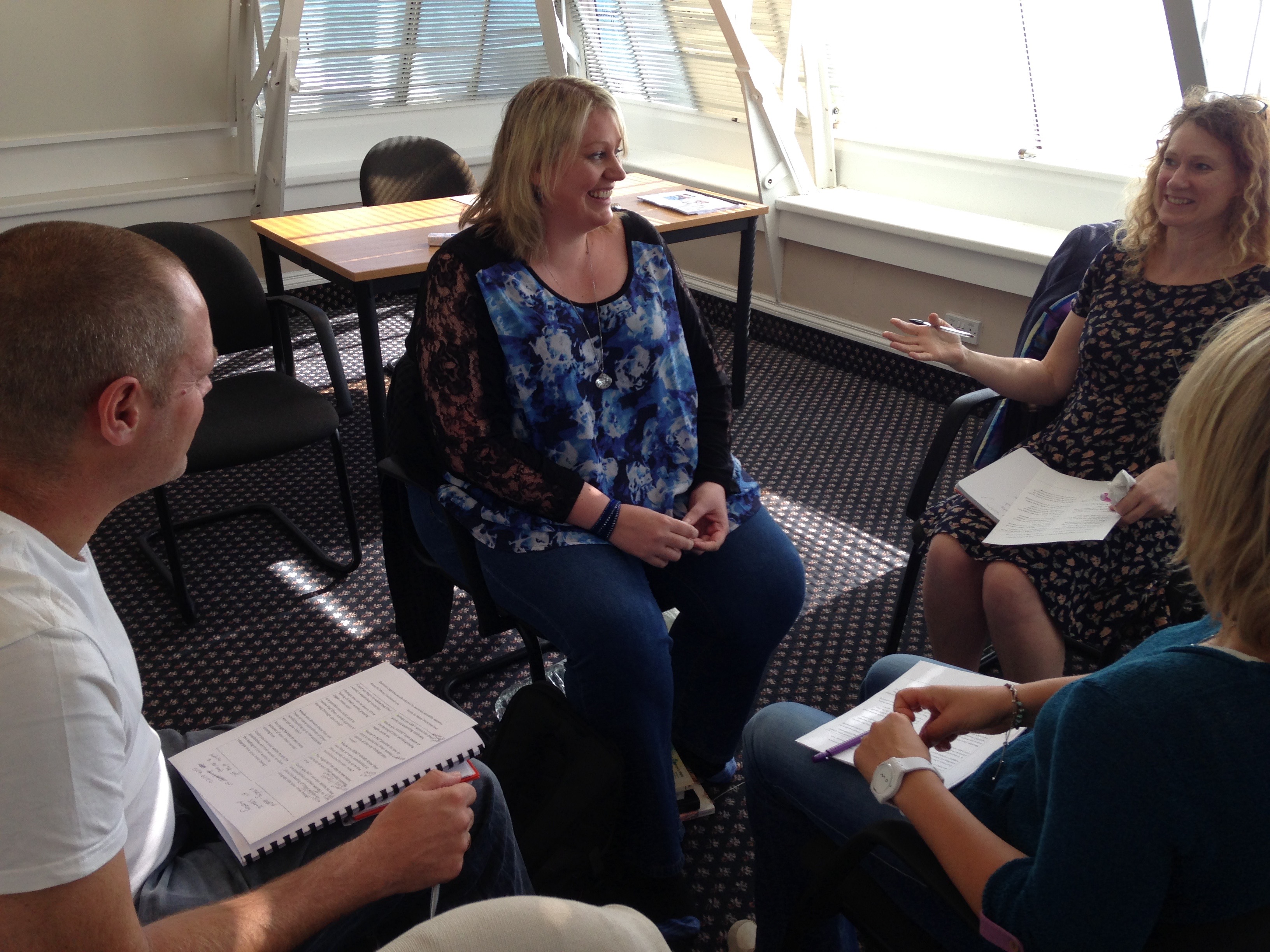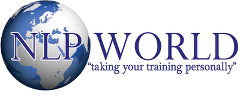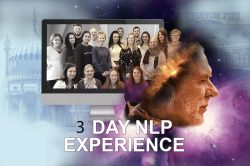NLP and Coaching.
I am often asked about the advantages of NLP and Coaching. After years of experience of both NLP and Coaching, I am now well placed to shine the light on the differences. Throughout this article, I will explore the differences of NLP verses Coaching, the similarities and who can benefit from each type of development. There is no doubt that both have their pros and cons, like anything in life. The truth is that it all depends on context, the individual and the desired outcomes. The intention of this article is to give you more clarity of the samenesses and differences. The video below will also shine some light on Neuro Linguistic Programming and Life Coaching.
An article on Athletes Assessments Website contains a quote about coaching:
Good coaching may be defined as the development of character, personality and habits of players, plus the teaching of fundamentals and team play.
Claire Bee, Basketball
You can access the full article here. To compare and contrast, I’ll provide an overview of each development method and then we can get the looking glass out to examine the differences. In the first instance, let’s get the looking glass out and examine the definition of coaching. Wikipedia describes coaching as “ a form of development in which a person called a coach supports a learner or client in achieving a specific personal or professional goal by providing training and guidance”. You can read the full definition here.

I spent twelve years coaching individuals and teams in office and sales environments. When I first started learning about coaching I loved it and still do. Coaching is the art of facilitating a journey through intelligently directed questions, which create space for independent growth. It takes great skill to be an inspiring coach, because it’s often tempting to give people the answers and direct them rather than allow them the space to explore and create.
When you empower your client or coaches to explore ideas and find answers themselves, they can practise looking for the resources in their mind, which means that every time they look for it again, the knowledge can be more easily accessed. The space for independent thinking is created by the use of open questions.There are a wide range of coaching theories and models out there, one that is commonly used is the GROW Coaching model. It is a simple model that provides a structure for exploring the goal and the options to get to the goal. You can read about this model here
In the majority of cases today, the fundamental use of coaching tools is for the purpose of developing skill-sets. The process is logical and surface level, laying the facts on the table for consideration. In contrast, NLP (Neuro-Linguistic Programming), develops the mind-sets and shifts the causes of behaviours below the surface level in the deeper mind. If we view the mind as a library, an NLP Practitioner or Coach would know exactly which shelves to look at, which chapters are unresolved and which books need to be completed for ultimate personal growth and development.

Skill-sets are powerless without the underlying beliefs in one’s ability to apply the skills. The process of NLP, uses elegant and precisely constructed language patterns to quickly and easily cause a neurological shift, getting right inside the belief system and unblocking limitations. This allows the individual to enjoy profound personal transformation.In addition to working with the belief system, NLP processes can collapse triggers of unwanted behaviours and install resources for total empowerment.
This process in NLP is called Anchoring. Anchoring has become a vital ingredient for effective sports coaches around the world, because keeping the athlete in a powerful and resourceful state of mind is the determining factor of success. Read more here. For example, we can look at a Footballer taking a penalty in front of their country, with all spotlight on them. It’s fair to say that they require more than just football skills; they require the focus, resourcefulness and powerful state that will allow their mind and body to perform to their optimum potential. You can find out more about Anchoring here.
Nowadays more and more businesses are realising that to create high performing teams, there is an undeniable need to empower people below the surface, deeper than logic. High performance comes from the programming running in your system. Often the CD/Hard-Drive needs to be re-written or the system needs to be rewired; that is where NLP comes in.

With that in mind, NLP is the law of least effort, because you could spend hours coaching and developing skill-sets which may or may not get the desired results. It depends, to a large extent, whether the individual has limiting beliefs or conflicts in the Values system. Whereas, working with NLP can set someone up for their most significant change and unrivalled success from as little as 15 minutes. It’s the power of working with the deeper mind, the subconscious patterns that hold us back in life if not dealt with. I wish I knew NLP twelve years ago when I first started coaching. Now that I am qualified and experienced in both methods, I cannot imagine coaching without building in NLP methods.
NLP has accelerated my coaching skills beyond measure. Before NLP Training, I used to get great client feedback along the lines of:
Thank you so much for helping me figure out how to approach that task differently, I see clearly now and know what to do.
I now use NLP in all of my coaching sessions and in the last week alone I have had two clients say:
You have had the most profound impact on my personal and professional life in the shortest space of time, I have never known anyone in my life make such a difference to me in so little time.
That’s why NLP is now a fundamental part of my coaching work. You can find out more about NLP here. That’s barely scratched the surface of NLP and Coaching, yet it gives a good taster into the varying benefits, why NLP is most effect for transformational development and why great Coaches seek to learn the art of NLP. If you’re keen to start learning you can access information about online programmes here
Also you can view a short video of an established coach giving her appraisal of NLP and Coaching:
Kathy-Testimonial from terryelston on Vimeo.
Here is another article based on NLP and Coaching
View another article about useful tips for NLP Practitioners here.
Written by Natalie Rea. HR Consultant and Master Practitioner of NLP




